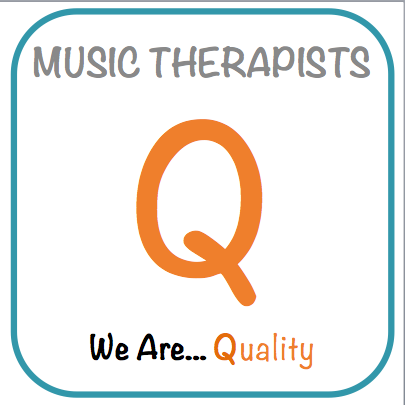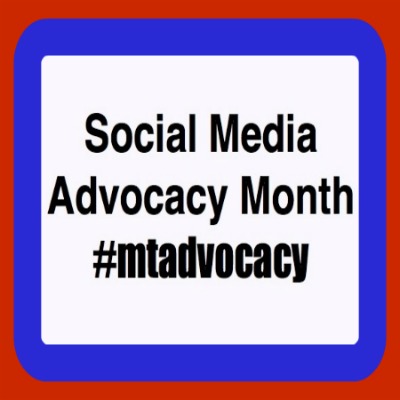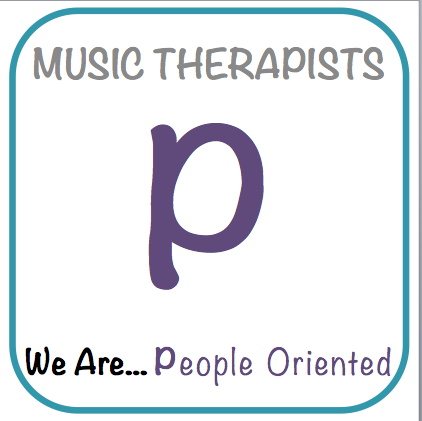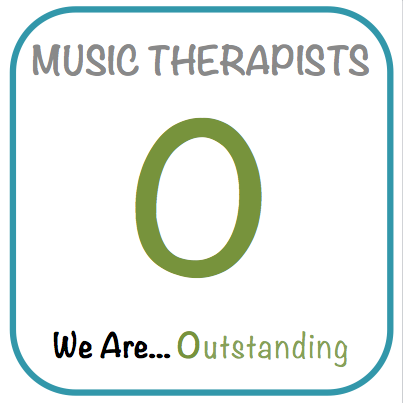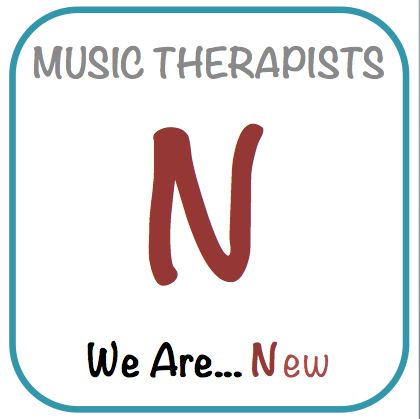Like most foods, products, and other services, Music Therapy has quality controls. In previous posts I’ve talked about some of those quality controls such a… Being Board Certified Data Driven & Documented Journal Writers but I haven’t talked about the ethic of Music Therapists. MTs adhere to a Code of Ethics and Standards of Professional Practice. As a preamble to the Code of Ethics, the American Music Therapy Association makes this poignant statement: “This Code of Ethics is applicable to all those holding the MT-BC credential or a professional designation of the National Music Therapy Registry and professional membership in the American Music Therapy Association. This Code is also applicable to music therapy students and interns under clinical supervision. We shall not use our professional positions or relationships, nor permit ourselves or our services to be used by others for purposes inconsistent with the principles set forth in this document. Upholding our right to freedom of inquiry and communication, we accept the responsibilities inherent in such freedom: competency, objectivity, consistency, integrity, and continual concern for the best interests of Read More
Category: social media
Music Therapy Social Media Advocacy Month – Guest Post
We are taking a short break from the ABC’s of Music Therapy today to bring you a Guest Post from Judy Simpson, MT-BC. Enjoy! “We are…MUSIC THERAPISTS!” Judy Simpson, MT-BC Director of Government Relations, American Music Therapy Association When I started my career as a music therapist in 1983, it was not uncommon for me to describe my profession by comparing it to other professions which were more well-known. If people gave me a puzzled look after I proudly stated, “I use music to change behaviors,” I would add, “Music therapy is like physical therapy and occupational therapy, but we use music as the tool to help our patients.” Over the years as I gained more knowledge and experience, I obviously made changes and improvements to my response when asked, “What is music therapy?” My enhanced explanations took into consideration not only the audience but also growth of the profession and progress made in a variety of research and clinical practice areas. The best revisions to my description of music therapy, however, have grown out of government relations and Read More
We Are… People Oriented
I thought about leaving this post with “We Are… People” because I think it is important to remember, music therapists are people, too. We make mistakes, we get tired, we forget lyrics, we mess up the chords… sadly, we are human. But we have coffee, sleep, practice, and chord/lyric sheets to help meet all those needs. What I really want to talk about is the fact that we work with people. MT is a people centered profession. We work with individuals, groups, and families of people, all with different personalities and needs. We work with people with preferences, likes, dislikes, moods, emotions, needs, etc. We work with people. MT is different from other professions in that we treat the whole person. We treat each individualized and unique person that we call a client and all of the “stuff” that comes with them. Our job isn’t sitting in front of a computer (minus what I’m doing now), it isn’t writing for our own sake, it isn’t treating our own personal needs, but it IS caring for others. MT is collaborating with Read More
We Are… Outstanding
Thanks all those who responded to my question on Twitter about the letter “O”. I decided to go with JoAnn Jordan’s adjective, “Outstanding”. “Outstanding – standing out from a group” As a Music Therapist (MT) it is hard not to stand out. Especially when you are carrying a load that looks like this! When I am carrying my guitar in a hospital or singing with a patient when doctor comes in the room, music therapy stands out. When clients talk to me but will not speak to a nurse, music therapy stands out. When a client learns new words or makes new sounds while singing a song, music therapy stands out. When a client reaches higher than they knew possible to hit a drum, or hops up and down to a beat, music therapy stands out. For all those reasons and a thousand more, music therapists are outstanding. Outstanding-“marked by superiority or distinction; excellent; distinguished “(www.dictionary.reference.com) For all of the other reasons I have mentioned in previous posts and the many I have left to write about, music therapists are outstanding. We are educated, board-certified, keep up with Read More
We Are… New
As compared to other related fields, music therapy is a relatively new, though rapidly growing, profession. Though music has been used within many cultures for the purpose of healing for hundreds of years, the actual practice of music therapy did not become widely recognized until the 20th century. The following information regarding the history of music therapy has been taken from the American Music Therapy Association webpage which can be found HERE. The History of Music Therapy “The idea of music as a healing influence which could affect health and behavior is as least as old as the writings of Aristotle and Plato. The 20th century profession formally began after World War I and World War II when community musicians of all types, both amateur and professional, went to Veterans hospitals around the country to play for the thousands of veterans suffering both physical and emotional trauma from the wars. The patients’ notable physical and emotional responses to music led the doctors and nurses to request the hiring of musicians by the hospitals. It was soon evident that the Read More
